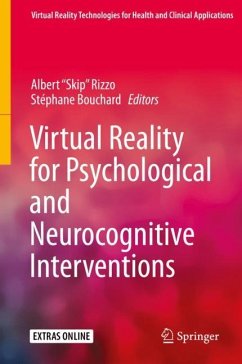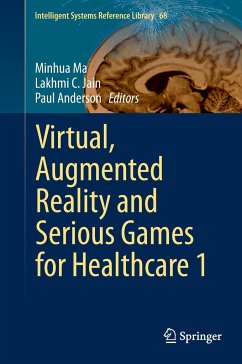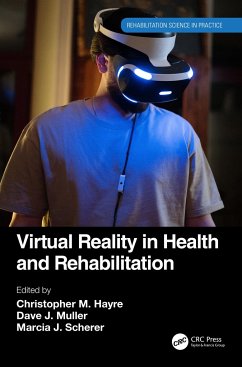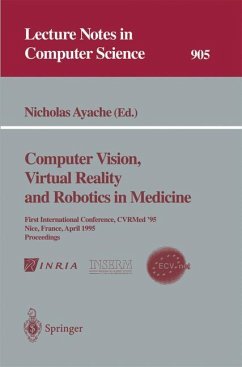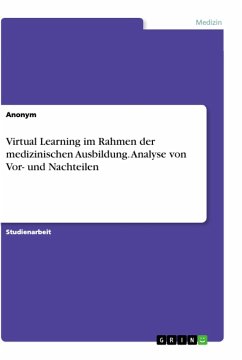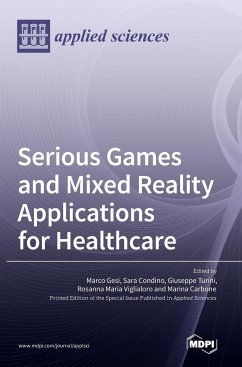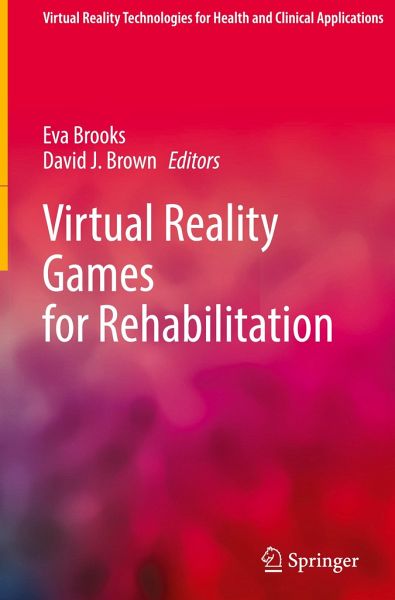
Virtual Reality Games for Rehabilitation
Versandkostenfrei!
Versandfertig in 6-10 Tagen
106,99 €
inkl. MwSt.

PAYBACK Punkte
53 °P sammeln!
This volume focuses on games to manage and facilitate rehabilitation. It emphasizes user practice, attitudes, and experience, and their changing place within developing rehabilitation frameworks. It looks at how users have adopted, integrated, and innovated with games to facilitate rehabilitation. Topics include game technology, game design and accessibility, web-based technologies vs pervasive and mobile technologies, social and collaborative aspects, and rehabilitative outcome. Games for rehabilitation are gaining interest from different communities such as medicine, psychology, and rehabili...
This volume focuses on games to manage and facilitate rehabilitation. It emphasizes user practice, attitudes, and experience, and their changing place within developing rehabilitation frameworks. It looks at how users have adopted, integrated, and innovated with games to facilitate rehabilitation. Topics include game technology, game design and accessibility, web-based technologies vs pervasive and mobile technologies, social and collaborative aspects, and rehabilitative outcome. Games for rehabilitation are gaining interest from different communities such as medicine, psychology, and rehabilitation. A distinction can be made between games specifically made for rehabilitative purposes and games made for the general public but that are used in rehabilitation as well. Games have allowed the building of new/complementary forms for rehabilitation and offered new options to produce rehabilitative activities and experiences.





